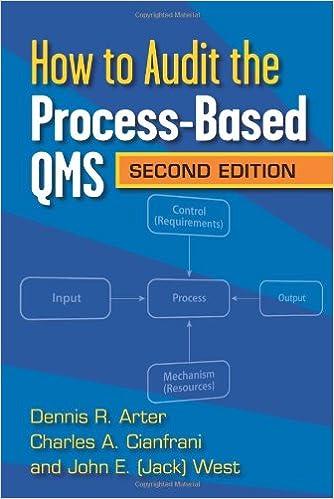


Required information (The following information applies to the questions displayed below.) Execusmart Consultants has provided business consulting services for several years. The company has been using the percentage of credit sales method to estimate bad debts but switched at the end of the first quarter this year to the aging of accounts receivable method. The company entered into the following partial list of transactions. a. During January, the company provided services for $290,000 on credit. b. On January 31, the company estimated bad debts using 1 percent of credit sales. c. On February 4, the company collected $145,000 of accounts receivable. d. On February 15, the company wrote off a $600 account receivable. e. During February, the company provided services for $240,000 on credit. f. On February 28, the company estimated bad debts using 1 percent of credit sales. g. On March 1, the company loaned $12,000 to an employee, who signed a 11% note due in 3 months. h. On March 15, the company collected $600 on the account written off one month earlier. i. On March 31, the company accrued interest earned on the note j. On March 31, the company adjusted for uncollectible accounts, based on the following aging analysis, which includes the preceding transactions (as well as others not listed). Prior to the adjustment, Allowance for Doubtful Accounts had an unadjusted credit balance of $7,800. Customer Arrow Ergonomics Asymmetry Architecture Others (not shown to save space) Weight Whittlers Total Accounts Receivable Estimated Uncollectible (%) Total $ 1,900 2,900 95,100 2,900 $102,800 Number of Days Unpaid 0-30 31-60 61-90 Over 90 $ 800 $ 700 $ 400 $2,900 36,300 48,000 5,900 4,900 2,900 $40,000 $48,700 $6,300 $7,800 3% 20% 30% 40% 1. For items (a)-), analyze the amount and direction (+ or -) of effects on specific financial statement accounts and the overall accounting equation. TIP: In item (), you must first calculate the desired ending balance before adjusting the Allowance for Doubtful Accounts. (Do not round intermediate calculations. Enter any decreases to Assets, Liabilities, or Stockholders Equity with a minus sign.)









